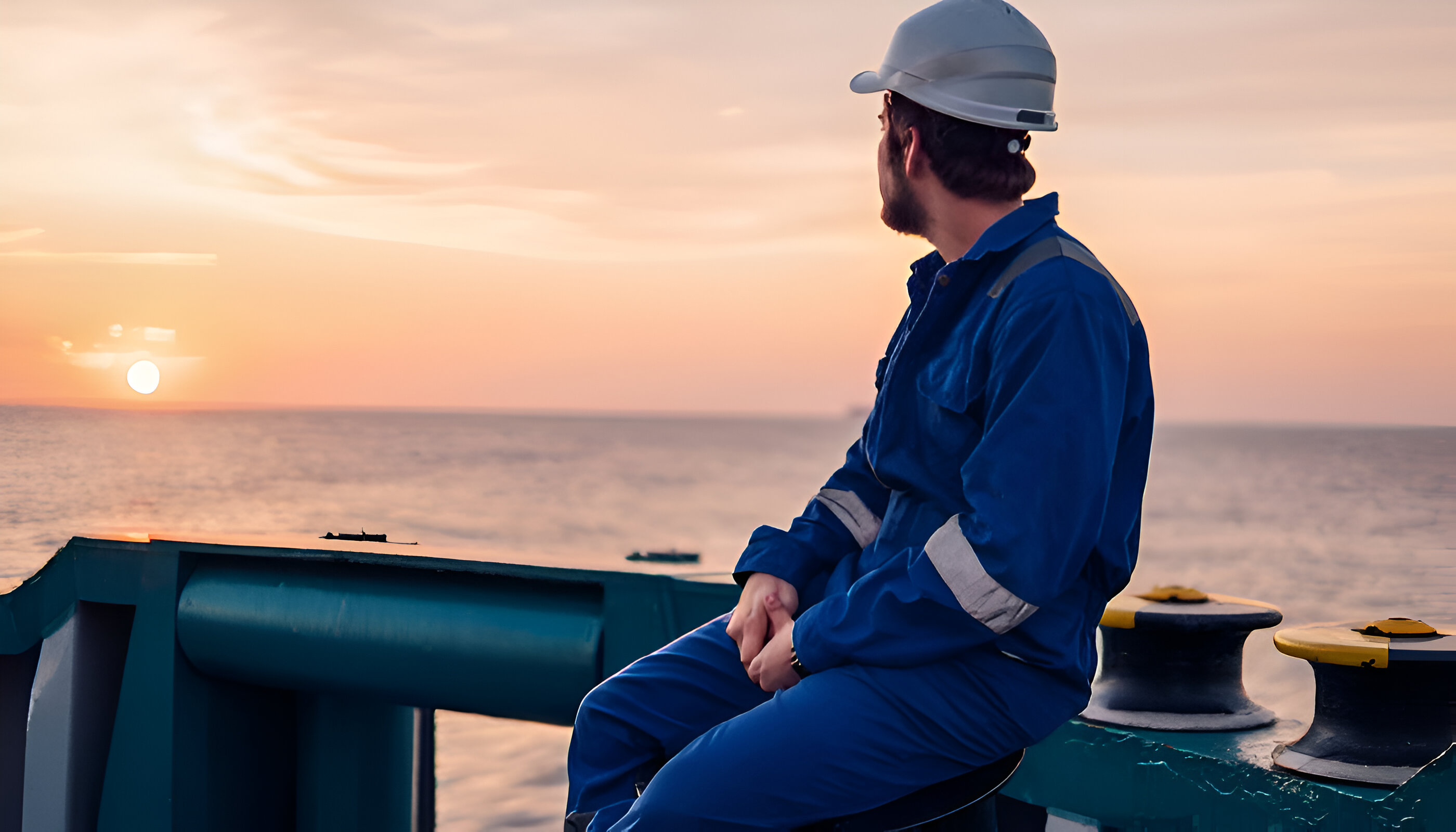Impacts of the COVID-19 pandemic on Ports and Maritime Transport in the Mediterranean Region
October 20, 2020 Maritime Safety News
- Around 80 percent of global trade is transported by commercial shipping and intra-Mediterranean maritime trade flows account for nearly 25% of global traffic volume.
- The maritime industry is playing an essential role in the short-term emergency response to the COVID-19, by facilitating transport of vital commodities and products. Despite the current difficult times, a vast majority of ports have succeeded to stay open to cargo operations. However, most of them still remain closed to passenger traffic.
- Mid and long-term recovery will need to further enhance sustainability and resilience of the maritime transport sector as a whole, for sustaining jobs, international trade, and global economy, as much as possible.
- A webinar co-organised by the UfM and the MEDports Association gathered more than 200 participants to take stock of information and guidance provided and calls made by the international maritime trade and transport community in alleviating the impacts of the pandemic on the sector.
27 May 2020. In view of the disruption generated by the COVID-19 pandemic on the maritime networks, the UfM and the MEDports Association co-hosted a webinar with key sectorial partners (list below) to discuss how to enhance sustainability and resilience of ports and maritime transport in the Mediterranean region during and after the pandemic.
The Mediterranean Sea has been a critical maritime and commercial route for millennia and today. It is home to 87 ports of various sizes and strengths, serving local, regional and international markets. The COVID-19 pandemic has showcased the vulnerability of maritime networks, port efficiency, and hinterland connectivity in the Mediterranean to crisis situations. As a vital enabler of smooth functioning of international supply chains, the maritime industry should focus on building sustainability and resilience, including to ecological disasters and pandemics like COVID-19, as well as enhancing efficiency and operations, to remain viable and competitive on the global market.
UfM Secretary General, Nasser Kamel, highlighted that: “The maritime industry is playing an essential role in the short-term emergency response to the pandemic, by facilitating the transport of vital commodities and products, thus sustaining jobs, international trade, and global economy. Today, the UfM encourages regional partners to share good practices in the recovery phase so, in the final analysis, we succeed in keeping supply chains open at all times ensuring a continuous flow of maritime trade, while safeguarding health, safety and well-being of the maritime transport community”.
Hervé Martel, President of the MEDports Association and CEO of the Port Maritime de Marseille, stated that : ““We must anticipate and monitor the consequences of this crisis and contribute to build the day after through the implementation of new and more integrated innovative solutions in the Mediterranean basin aimed at advancing the ecological transition, the organisational renewal of regional logistics chains -in particular through the development of Motorways of the Sea services-, the industrial transition -including through relocation and re-regionalisation of certain productive systems- and, finally, improving skills and qualifications to deal with all these changes.”
It was concluded that, with due regard to the protection of public health, ports must remain fully operational with all regular services in place, guaranteeing complete functionality of supply chains. Governments were called upon to support shipping, ports and transport operators in favour of best practices. Participants reiterated that the maritime transportation system will only be sustainable as long as it provides safe, efficient and reliable transport of goods across the world, while minimizing pollution, maximizing energy efficiency and ensuring resource conservation. It was underlined that, in the maritime sector, resilience means that ports, and the organizations that depend on ports, can adapt to changing conditions and, when disruptions occur, they can recover quickly and resume business stronger than before. Furthermore, it was noted that the COVID-19 pandemic could represent an opportunity for the maritime industry to change the way the industry operates so as to effectively contribute to broader systemic resilience.
Source: ufmsecretariat





